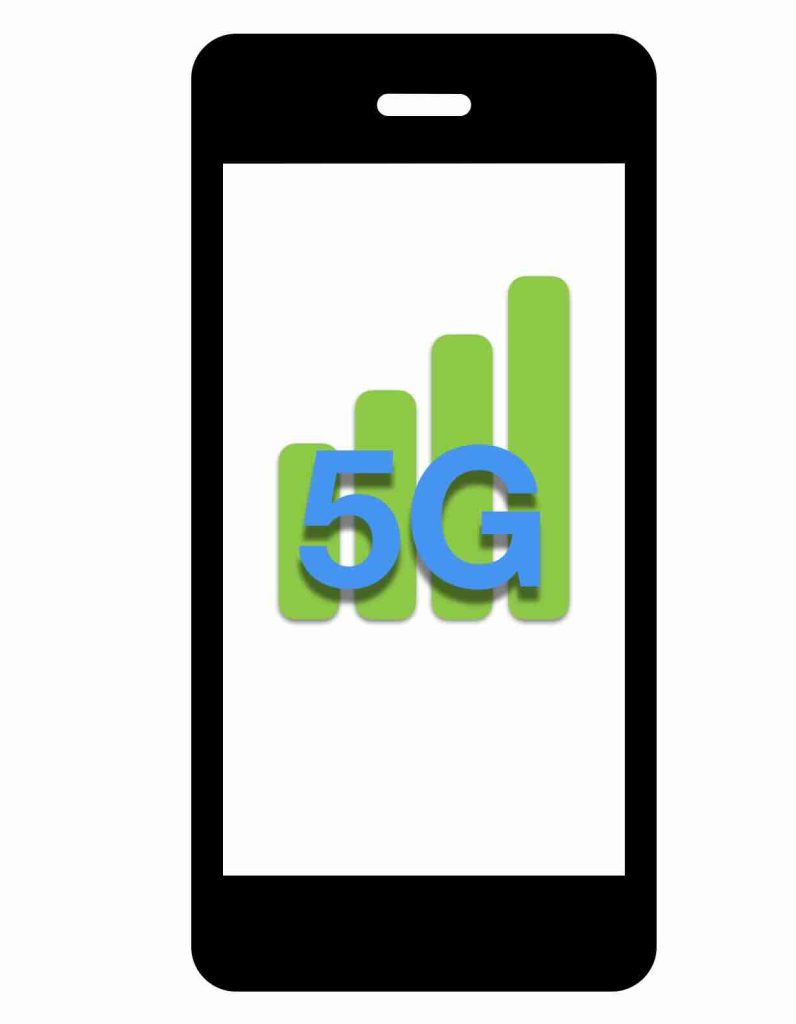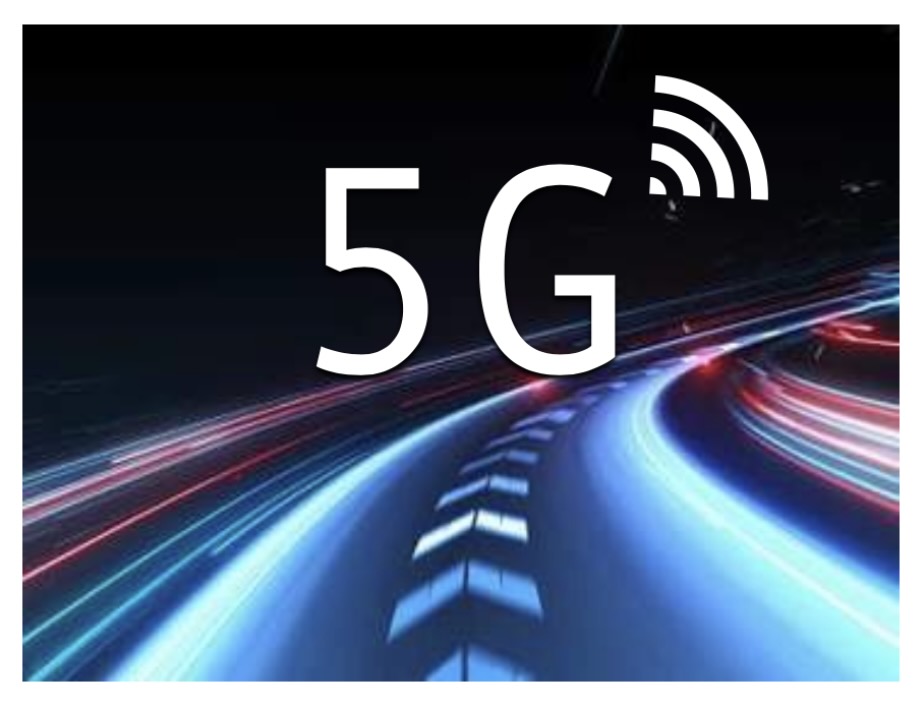5G has proven to be a reliable Internet service, offering faster internet speeds, lower latency, and a more reliable connection. However, as many users experience, 5G signal strength can vary greatly depending on the location, network conditions, and the device being used. If you’ve ever wondered what those signal bars on your phone really mean […]
Tag: mid-band
The Factors Impacting Your 5G Bandwidth Speeds
The dawn of 5G promised lightning-fast internet speeds, heralding a new era of connectivity. However, the reality often falls short of these lofty expectations, leaving many users frustrated and wondering why their 5G speeds are not as blazing fast as advertised. Several factors can affect your 5G bandwidth speeds, ranging from technical limitations to network […]
UScellular Expands 5G Network, Providing Faster and Stronger Connectivity
After acquiring the 3.45 GHz spectrum for 5G mid-band service, UScellular has finally launched this highly-anticipated network. The advancement introduces a range of benefits, including faster speeds and enhanced network strength. By leveraging UScellular’s 5G mid-band technology, users can experience speeds up to 10 times faster than the previous 4G LTE and low-band 5G networks. […]
What Frequency Bands Does 5G Use?
If you’re in the market for a 5G cellular modem or router, you may want to consider its supported frequency bands. There are three types of 5G. Sub-6 (also called FR1) refers to low band frequencies below 6GHz, and mmWave (also called FR2) refers to frequencies over 24GHz. You also have mid band, or the […]
Testing Verizon C-Band in New York City
Verizon’s new 5G network is live and PCMag just tested it out in New York City. In summary, C-Band made their connections about 50% faster, once they were able to find the signal. They also noted less congestion on the network, which is likely due to it still being so new. Starting this past Wednesday, […]
How Does 5G Work?
5G is the fifth generation in cellular networks, but there are many layers to consider as we start to become immersed in this new technology. Using a different type of encoding than 4G LTE service, 5G is designed for much lower latency and greater flexibility. Its method for dispersing signals is almost spider web like […]



